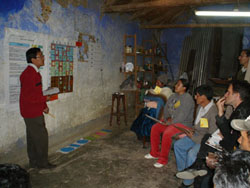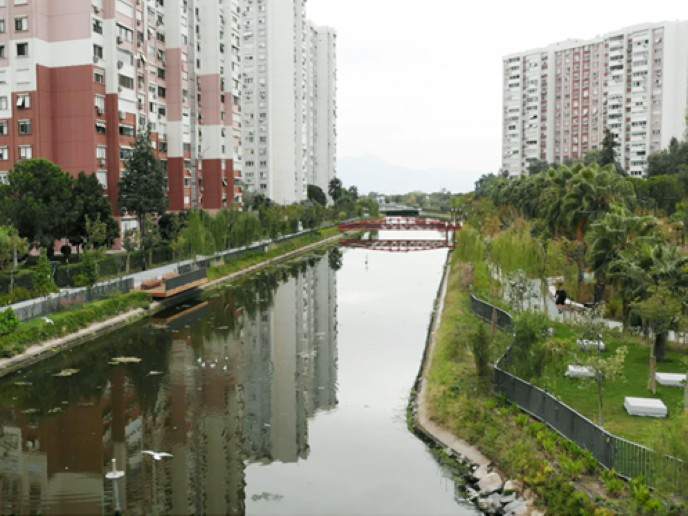Role playing for environmental success
Formulating effective environmental policy between stakeholders is a complex matter, not solely because of the unpredictable behaviour patters of nature, but also due to the complexity of human interaction. In many cases, negotiations may stumble and even break down between interest groups due to a simple misunderstanding. In order to integrate complex environmental policies dialogue is needed. That dialogue must be based on an effective comprehension of the issues involved, not only for one's own interests, but for all the interests at the table. Since, for example, water catchments areas may be the concern of two or more nations, having a unified policy to best preserve the area is of paramount importance. Such uniformity is often harder to achieve than one might realise, but fortunately role playing provides a remedy. A number of vital elements are introduced that promote effective interaction and dialogue and more importantly, a learning curve. The game is structured on five basic principals, each having a very specific goal to achieve. For example, there is the role of mayor whose primary goal is to provide his constituents with fresh, clean water. There is the second interest of farmers who require water for irrigation, a third acts as a manager of a water company, a fourth is a delegate from industry, personalising the industries' demand for water. The fifth is the water management department that has to guarantee fresh, clean water for all. Using specific mechanisms such as production objectives, pumping processes and effluent treatments and processes, the game is given shape The game's mechanisms such as the hydrological functioning included, is based on real-life modelling and data. This ensures that the role-playing provides a high degree of realism by which the relationships and their dynamics between components can be understood and maximised. Additional results of the research can be seen in the various improved learning curves of the participants. More specifically, learning about integrated water management and its rural aspects, has the additional success of filtering its way into educational systems.







